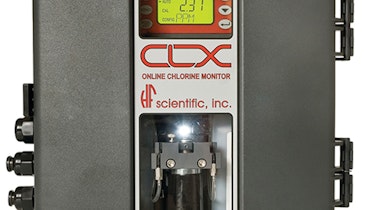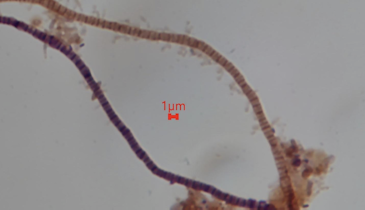Many correctional facilities offer training in water and wastewater treatment to qualified inmates. The Virginia Department of Corrections takes it to the next level with a Wastewater Apprenticeship Program across several of its facilities statewide.
The program offers...




